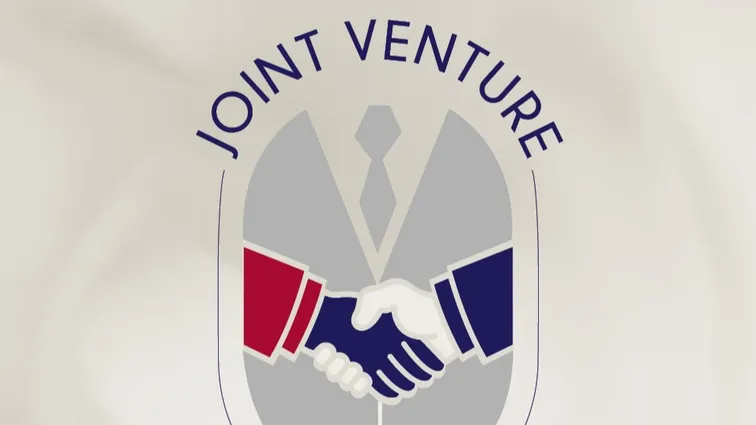How can you effectively prevent conflicts between shareholders and create a stable environment within the company? And if a conflict does arise, how should you set up an appropriate process to resolve it? Should shareholders handle the conflict themselves, or is it better to involve third parties?
The importance of prevention and effective conflict resolution
Conflicts between shareholders can have a major impact on a company’s stability and operations. While it is impossible to prevent all disputes, well-designed rules and mechanisms can minimise their negative effects and prevent escalation that could threaten the company or even lead to its closure. Effective conflict resolution not only reduces the risk of litigation but also strengthens long-term trust between shareholders.
The most common causes of conflict
- Different goals and priorities – Shareholders may have conflicting views on the company’s strategy, growth, or direction. For example, one shareholder may prefer reinvesting profits, while another favours distributing them.
- Unfair profit distribution – Disagreements over how much profit to distribute and when to pay dividends can create tension.
- Decision-making deadlock – An unequal or unclear distribution of voting rights can lead to stalemates on key decisions, potentially paralysing the company’s operations.
- Unclear rules – Poorly defined or non-existent dispute resolution mechanisms can escalate disagreements.
- Personal conflicts – Personal or family disputes, as well as differing values or attitudes among shareholders, can negatively affect cooperation.
- External influences – Changes in legislation, economic pressures, or the entry of new investors can also trigger conflicts.
Preventive measures
- Clearly defined rules: In the incorporation documents and shareholders’ agreement, set out clear provisions for voting, profit distribution, share transfers, and other key areas. Include specific dispute resolution mechanisms, such as mediation or arbitration.
- Regular communication: Organise regular shareholder meetings to discuss strategy and key issues and foster an open communication culture that encourages the sharing of views and concerns.
- Role of third parties: Consider involving an independent advisor or mediator who can help resolve disputes impartially.
- Regular contract reviews: Update rules and agreements regularly to reflect the company’s current needs and situation.
Conflict resolution mechanisms
- Mediation – Mediation is a process in which an impartial third party helps shareholders reach an agreement. This approach is effective for disputes that require open communication and cooperation.
- Arbitration – Arbitration is a more formal process in which a dispute is submitted to an arbitrator whose decision is binding, similar to a court ruling. Compared to court proceedings, arbitration is typically faster and less costly, and the parties can choose the arbitrator or specific arbitral tribunal in advance. Its main advantages are speed, lower costs, and the fact that cases are handled by practitioners (often lawyers) with direct experience in the field. This often leads to quicker, fairer, and more cost-effective decisions for both parties than those issued by a general court.
- Voting mechanisms – Establish rules that ensure decisions can still be made even when opinions differ. This may include granting a casting vote to one shareholder or appointing a third party to act as an arbitrator in case of deadlock.
- Exit clause – The shareholders’ agreement should include a provision allowing the buyout of shares or ownership interests from a shareholder who wishes to leave the company.
- Special mechanisms for crisis situations – In the event of major disagreements, the agreement may include clauses for the compulsory dissolution of the company or the sale of shares under predetermined conditions.
Case studies
- Successful mediation: In a technology company, a dispute arose between two founders over the future direction of product development. Mediation helped them reach a compromise, allowing growth to continue.
- Arbitration – A manufacturing company faced a disagreement between majority and minority shareholders. Arbitration provided a quick resolution without disrupting operations.
- Independent Advisor – A family-owned business engaged an external advisor to help bridge differences between generations of shareholders. This led to business modernisation and stronger relationships.
Recommendations for effective conflict resolutions
- Invest in prevention: Clear rules and open communication can prevent most conflicts.
- Respond early: Don’t delay addressing problems; early action can prevent escalation and potential paralysis of the company.
- Aim for win-win solutions: Focus on outcomes that benefit all parties.
- Seek professional help: Engage lawyers, mediators, or consultants to help identify the best way forward.
- Tailor the solution to the specific circumstance: Every conflict is unique, so it is important to consider the specific context and details of the situation.
Conclusion
Resolving conflicts between shareholders is essential for the long-term stability and success of any company. With the right mechanisms in place and open communication, many problems can be prevented, and challenges can be addressed effectively and constructively.
At HAVEL & PARTNERS, we have extensive experience in designing rules and mechanisms for conflict resolution. We are ready to help you create an environment that fosters harmonious cooperation and sustainable growth. And if conflicts do arise, we are here to guide you through their resolution.









